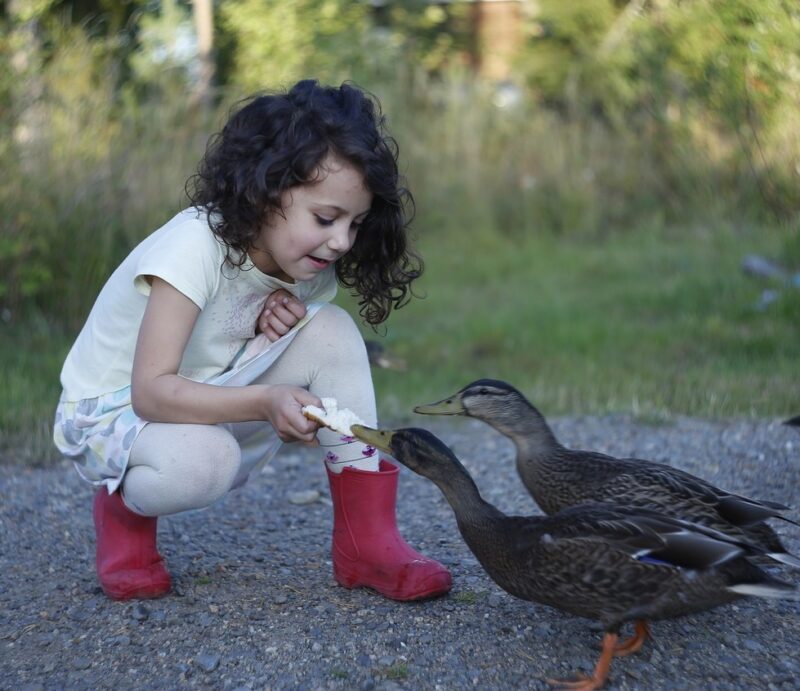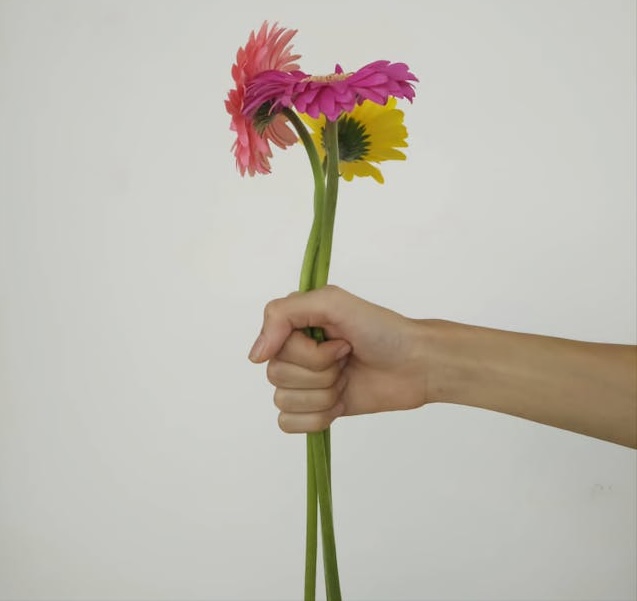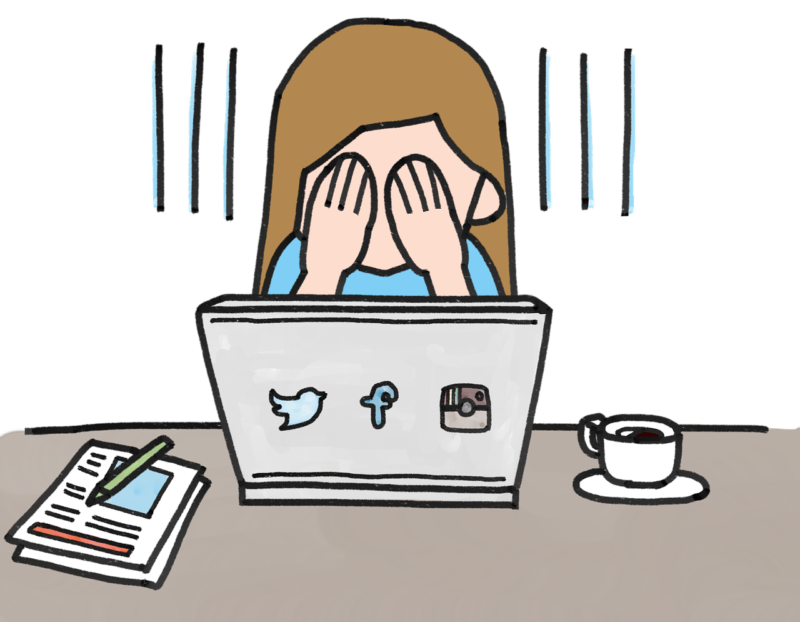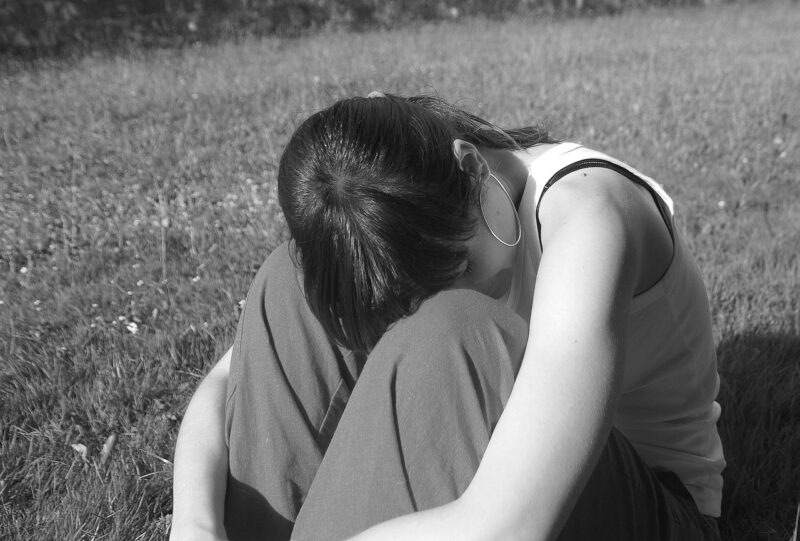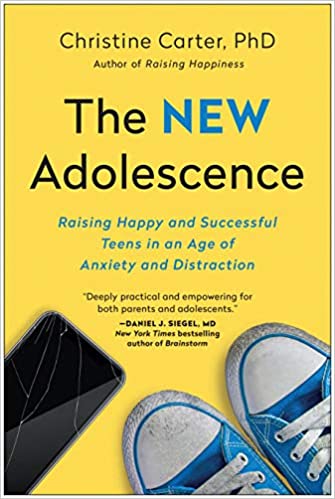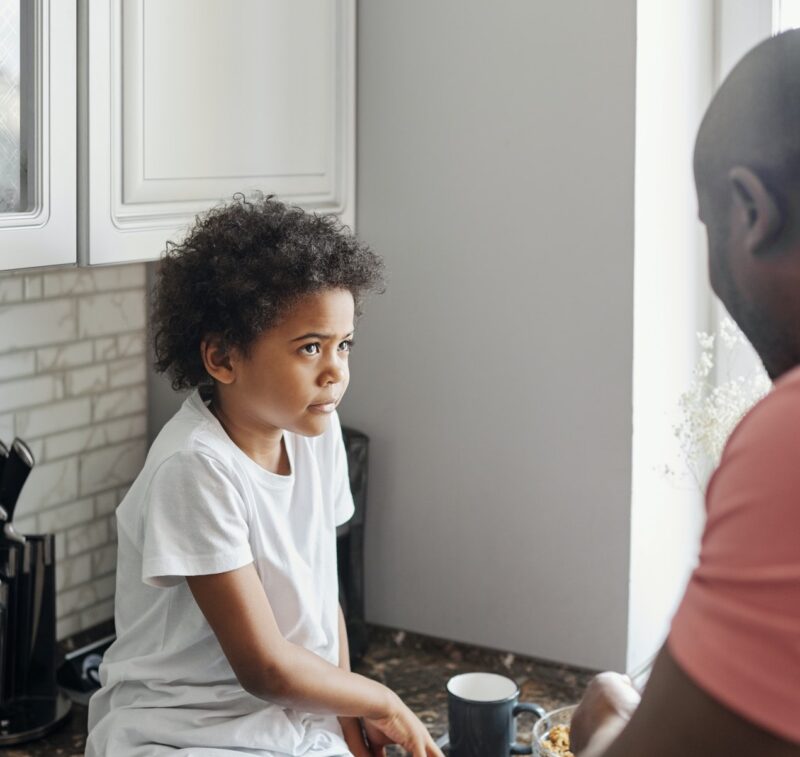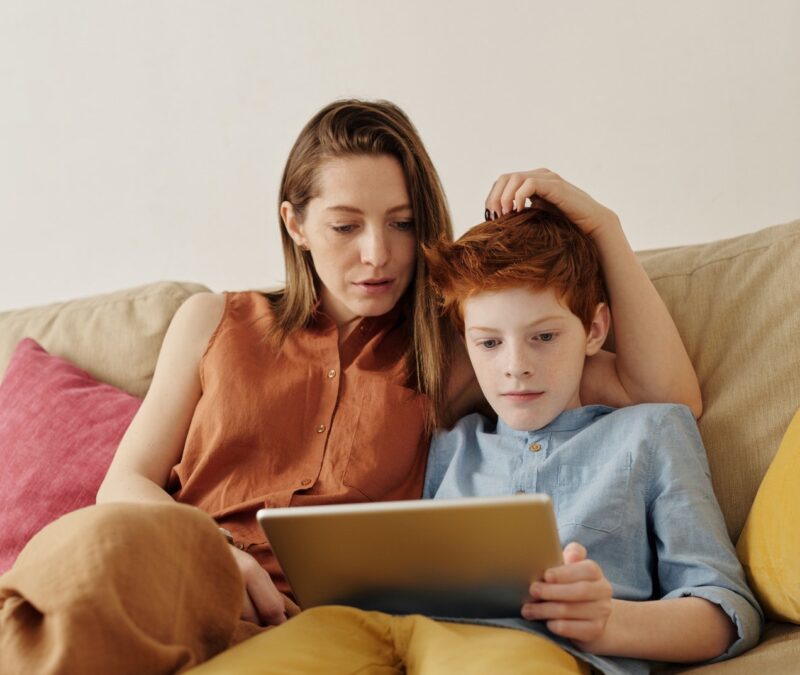
CHC in the News: Mental Health Experts on Managing Back to School Anxiety Amid Pandemic
Dr. Vidya Krishnan, Head of Adolescent Mental Health Services and Child and Adolescent Psychiatrist at Children’s Health Council, appeared on KTVU News to discuss strategies for coping with the anxiety and stress many families are experiencing as children head back Read more >>
